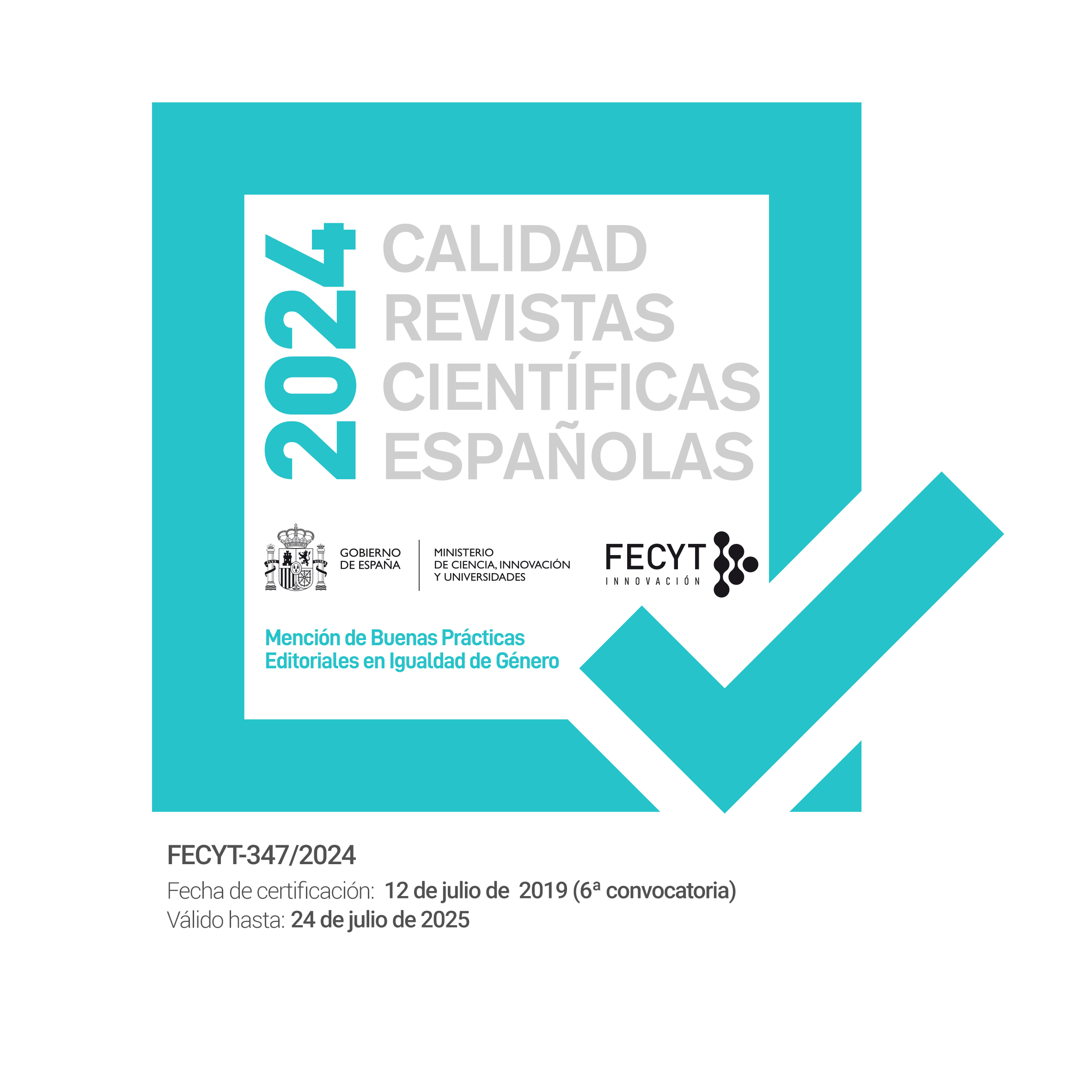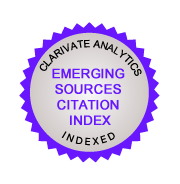CALL FOR PAPERS: Themed Dossier "Travels, twists, turns. Cultural effects of mobility in Iberian contexts"
THEMED DOSSIER
Travels, twists, turns. Cultural effects of mobility in Iberian contexts
Guest Editors: Alicia Fuentes Vega & Irene García Chacón
It is commonly recognized that mobility is a fundamental phenomenon in the history of modernity. When it comes to studying the history of specific forms of mobility, however, tensions and methodological delimitations arise. What sociology considers migration studies has nothing to do with how the field of anthropology addresses tourism, whose object of study, in turn, is diametrically opposed to those exiled artists, promoters and critics examined by the history of art.
However, reality is stubborn and ignores disciplinary boundaries: apparently antithetical mobility frameworks overlap constantly. This is demonstrated by the latency of tourist imaginaries within exilic experiences such as those of the expatriate cosmopolitans of Euro-American literary modernisms (Kaplan 1996), within migratory processes such as that of the so-called Gastarbeiter or guest workers in the West Germany of the Wirtschaftswunder (Kahn 2021), or even at wartime - the German troops occupying Paris in 1940 were, according to eyewitnesses, very much tourists, each soldier with a camera on his shoulder (Gordon 2018).
Beyond differentiations between the various modalities of travel (migration, exile, tourism, displacement), we propose to direct attention to the parallels and interconnections, shifting the focus to the cultural production of mobility in general and its effects on the field of art history in particular. A precursor of what has come to be called cultural studies, James Clifford, pointed at the central role of travel as a space of transfer and hybridization, advocating a de-essentialized view of all cultures as traveling cultures, in permanent transformation (Clifford 1992). From the point of view of postcolonial studies, travel opens up contact zones in which power relations are negotiated (Pratt 1992), and in whose interstices the categories of gender, class and race can become destabilized (Nash 2015). In turn, from the perspective of anthropology and tourism history, tourism has been studied as a tool of social differentiation (MacCannell 2018) and as a key identity vector for processes of national construction and imagination (Zuelow 2015); while exile studies speak of experiences of liminality with a touch of the utopian, from which new cultural models and paradigms can emerge (Spariosu 2015). In all cases, the importance of travel in activating, mobilizing, and shaping imaginaries and identities is emphasized, with first-order effects on the production of culture.
Among the many different aspects that mark modernity, we would like to highlight mobility, taking it as a key analytical axis for the study of artistic practice and cultural production. Both the material transfer of the works themselves and the metaphorical transfer of ideas have been decisive factors in the history of art. Aesthetic practices that have been transmuted, generated or determined by travel are frequent, and creators have acknowledged this importance in their ego-documents (memoirs, diaries, letters, sketchbooks, etc.), which have gone from being considered mere historical sources to become valuable objects of study per se. Travel has not only conditioned the lives of numerous artists, but has also acted on the works of art themselves in multiple ways; thus, aspects such as transportation, reconversion, circulation, mediatization or collecting can be understood as narratives (Bal 2003) that give an account of the particular biography of art works or of the social life of things (Appadurai 1988).
Based on the certainty that it will be through the study of the artifacts arising from mobility that we will better understand its cultural effects, we invite prospective contributors to consider stories of travel, exile, migration or tourism as thematic areas that are not mutually exclusive, from the expanded point of view of travel cultures (Koshar 2000), and approaching case studies framed in Iberian contexts within the field of visual culture. Possible objects of study include, but are not limited to:
- Travel diaries, autobiographies, photo albums, sketchbooks, personal correspondence, and other forms of material culture in which the memory of artists' mobility is inscribed.
- The traces of mobility in the materiality of the work of art: analysis of conservation, transfer, collecting, etc.
- Mediating artifacts in the experience of mobility: tourist guides and illustrated travel books, souvenirs, postcards, etc.
- Uses and resignifications of heritage within mobility frameworks. Architecture, collections, popular traditions, fairs, universal exhibitions.
- Visual culture arising from or inciting mobility, from artistic practices that are marked by the travel phenomenon to promotional campaigns.
- Imaginaries and representations of means of transport and travel technologies.
References cited:
Appadurai, Arjun (ed.): The Social Life of Things: Commodities in Cultural Perspective. Cambridge, Cambridge University Press, 1988.
Bal, Mieke: «Telling objects: A Narrative Perspective on Collecting», in Preziosi, Donald; Farago, Claire (eds.): Grasping the World. The Idea of the Museum. London, Ashgate, 2003, pp. 84-101.
Clifford, James: «Traveling cultures», in Grossberg, Lawrence; Nelson, Cary; Treitchler, Paula (eds.): Cultural Studies. New York/London, Routledge, 1992, pp. 96-116.
Gordon, Bertram M.: War Tourism: Second World War France from Defeat and Occupation to the Creation of Heritage. Ithaca, Cornell University Press, 2018.
Kahn, Michelle Lynn: «The Long Road Home: Vacations and the Making of the “Germanized Turk” across Cold War Europe», The Journal of Modern History, 93 (2021), pp. 109-149.
Kaplan, Caren: Questions of Travel: Postmodern Discourses of Displacement. Durham, Duke University Press, 2005 [1ª ed. 1996], pp. 27-64.
Koshar, Rudy: German Travel Cultures. Oxford, Berg, 2000.
MacCannell, Dean: «The Making of The Tourist», Via. Tourism Review, 13 (2018). (https://doi.org/10.4000/viatourism.2239)
Nash, Mary: «Mass Tourism and New Representations of Gender in Late Francoist Spain: The Sueca and Don Juan in the 1960s», Cultural History, 4 (2) (2015), pp. 36-161
Pratt, Mary Louise: Imperial Eyes. Travel Writing and Transculturation. London, Routledge, 2008 [1ª ed. 1992].
Spariosu, Mihai I: «Exile and Utopia as Liminal Play. A Cultural-Theoretical Approach», en MacLean, Malcolm; Russell, Wendy; Ryall, Emily (eds.): Philosophical Perspectives on Play. London, Routledge, 2015, pp. 13-26.
Zuelow, Eric. G. E.: A History of Modern Tourism. London, Palgrave, 2015.
Dates:
Contributions must be sent before December 31, 2024 through the ETFVII journal website after registering at the following links:
https://revistas.uned.es/index.php/ETFVII/index
https://revistas.uned.es/index.php/ETFVII/about/submissions#authorGuidelines
The selected articles will be published in 2025 (September, issue 13).
Languages:
Articles in Spanish and English are accepted.
Information:








